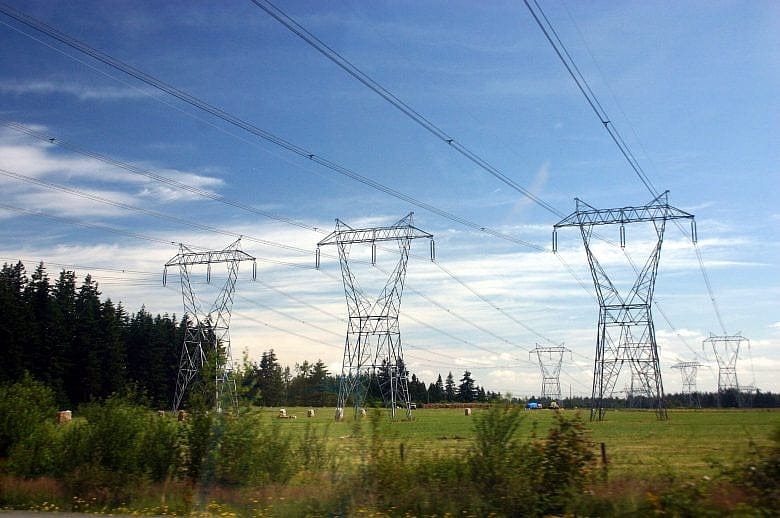Solar energy cap-raising deal reached on Beacon Hill

BOSTON – Five months of negotiations resulted in a deal Tuesday between leaders of the state House of Representatives and the Senate to raise the cap on the amount of solar energy that public and private electricity customers can feed into the power grid by 3 percent, while decreasing the value of the incentives for new projects.
The compromise would also let power companies petition the Department of Public Utilities to charge solar-producing customers a minimum bill to cover the cost of maintaining electricity transmission and distribution infrastructure, according to a summary obtained by the News Service.

